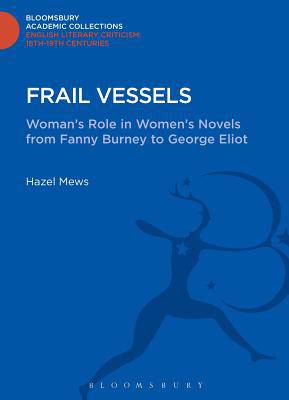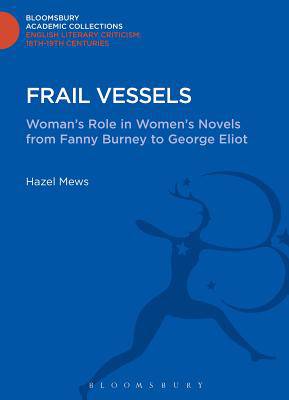
- Afhalen na 1 uur in een winkel met voorraad
- Gratis thuislevering in België vanaf € 30
- Ruim aanbod met 7 miljoen producten
- Afhalen na 1 uur in een winkel met voorraad
- Gratis thuislevering in België vanaf € 30
- Ruim aanbod met 7 miljoen producten
Zoeken
€ 322,45
+ 644 punten
Omschrijving
The years between the publication of Mary Wollstonecraft's Vindication of the Rights of Woman (1792) and of John Stuart Mill's essay On the Subjection of Women (1869) - a crucial phase in the emancipation movement - also saw the emergence of England's greatest women writers, whose response to the flux of new ideas as revealed in many outstanding works of fiction Dr Mews here examines. The central chapters of the book take the form of a perceptive and humane analysis of the way in which the greater women novelists conceived the role of women, on the one hand as young girls, wives and mothers, on the other as individuals standing alone in spinsterhood, as teachers or artists. The writers examined in detail are Fanny Burney, Maria Edgeworth, Jane Austen, the Brontë sisters, Elizabeth Gaskell, and George Eliot. Such a comprehensive study has not been attempted before. It throws light not only on the novel and the novelist in society but also on the transmutation of deeply felt experience into creative work.
Specificaties
Betrokkenen
- Auteur(s):
- Uitgeverij:
Inhoud
- Aantal bladzijden:
- 221
- Taal:
- Engels
- Reeks:
Eigenschappen
- Productcode (EAN):
- 9781472506528
- Verschijningsdatum:
- 8/05/2014
- Uitvoering:
- Hardcover
- Formaat:
- Genaaid
- Afmetingen:
- 156 mm x 234 mm
- Gewicht:
- 494 g

Alleen bij Standaard Boekhandel
+ 644 punten op je klantenkaart van Standaard Boekhandel
Beoordelingen
We publiceren alleen reviews die voldoen aan de voorwaarden voor reviews. Bekijk onze voorwaarden voor reviews.








